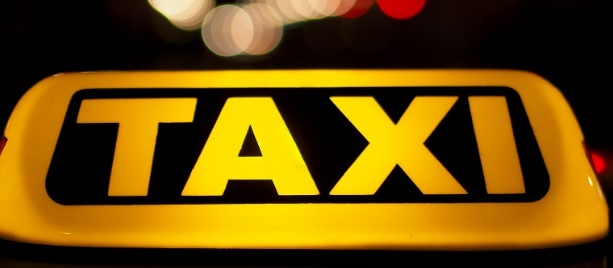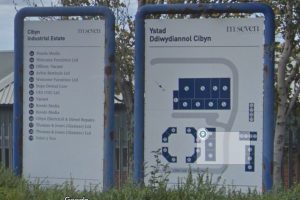GWYNEDD taxi licences have been granted to applicants with spent convictions including assault, burglary, theft, handling stolen good, speeding and perverting the course of justice.
The licences were considered “acceptable” due to the historic nature of the crimes – in one case they had happened as far back as 36 years.
Gwynedd Council’s general licensing committee met on Monday, March 4, and discussed minutes from a meeting of December 4, which was held behind closed doors.
The minutes described how an applicant – “Mr A” – had requested a hackney carriage/private hire driver’s licence.
The sub-committee noted that Mr A’s convictions were “historical”and had happened when he was “young and foolish”.
Mr A had highlighted his experience working as a taxi driver and that he was offered work locally. Detailed checks were also carried out for many years at another place of work ensuring his “suitability”.
In response to why he had not acknowledged convictions on his application ‘Mr A’ said his last conviction was in 1987 -36 years ago – and he thought “they would be spent”.
He apologised and said he was “not aware that historical convictions continued to be considered when applying.”
In January 1970, he was convicted of common assault, burglary and theft from a dwelling.
He was sentenced at Caernarfon Juvenile Court and sent to a Detention Centre for three months.
In April 1982 he had received a conviction for handling stolen goods and causing Actual Bodily Harm (ABH).
Sentenced at Gwyrfai Magistrates Court he received a suspended sentence of two years.
In May 1983, he was convicted for Assault causing Actual Bodily Harm (ABH) and fined with costs.
In April 1984, he was convicted and sentenced to imprisonment on seven counts for offences including burglary and theft from a dwelling, burglary, handling stolen goods and breaching a probation order.
In March 1985, he had received a conviction for perverting the course of justice and received a 15-month jail term.
In June 1987, he was convicted for assault causing actual bodily harm (ABH) but received a conditional discharge with costs.
Despite the number of offences under the authority’s policy it was now considered that “enough time” had passed since the last conviction to allow the license.
Council policy noted that at least 10 years had to pass when considering convictions such as violence, dishonesty, and re-offending in cases regarding lack of respect or the welfare and property of others.
The applicant was free from convictions for 36 years and “did not have any further history of offending or any evidence of other relevant problems”.
It was considered he was “a fit and proper person” to be issued with the licence.
In another case ‘Mr B’ applied for a hackney/private hire driver’s licence.
In May 2021, he received three penalty points (SP30) for breaching the speed limit on a public road – expiring in May 2024.
He received three more penalty points (SP30) for breaching the speed limit on a public road in June 21, expiring in June 24.
The applicant had not declared the points – a condition of any taxi licence.
It was accepted that information should have been shared. It was noted that it was an application to renew the licence and the applicant had declared the points on his application.
Two-and-half years had elapsed without re-offending. The applicant had “acknowledged his fault”.
The sub-committee determined that the applicant was “a fit and proper person” to hold the licence.
In a third case, “Mr C ” applied for a hackney/private hire driver’s licence.
In August, 2023, the applicant visited the council offices and spoke to a member of staff “inappropriately and aggressively”.
His conduct was such that an experienced member of the reception staff had reported the matter.
Several days later, the applicant had returned to the offices, and was met by two licensing officers who advised him “that as an applicant for a taxi driver licence his conduct was a matter of relevance, and that bad behaviour towards council officers would not be tolerated”.
The applicant was “frustrated that the application process was not straight forward, he just wanted to start earning a living”.
In October 2023, the applicant had telephoned the licensing officer.
But, the minutes stated, “the applicant’s attitude was again unacceptable, he swore at the officer over the phone and lost his temper”.
The sub-committee believed the applicant’s behaviour was “totally unacceptable”.
Whilst accepting that he “felt frustrated with the process, it was not an excuse, and his personal circumstance and pressure on him to earn a living, did not justify the behaviour”.
The sub-committee did welcome the fact that the applicant acknowledged his behaviour was “not up to expected standards”.
In the absence of any convictions and any detailed specific provision in the authority’s policy, the sub-committee considered the application in the context of public safeguarding.
Consideration was given to the test; ‘would members be willing to allow a close member of their family to travel in a vehicle, on their own, with the applicant?’
After meeting the applicant the sub-committee was satisfied, and he was considered “a fit and proper person” to hold the licence.
The sub-committee reminded the applicant that the licence “could be suspended or revoked a licence if any unacceptable behaviour was brought to its attention”.



















